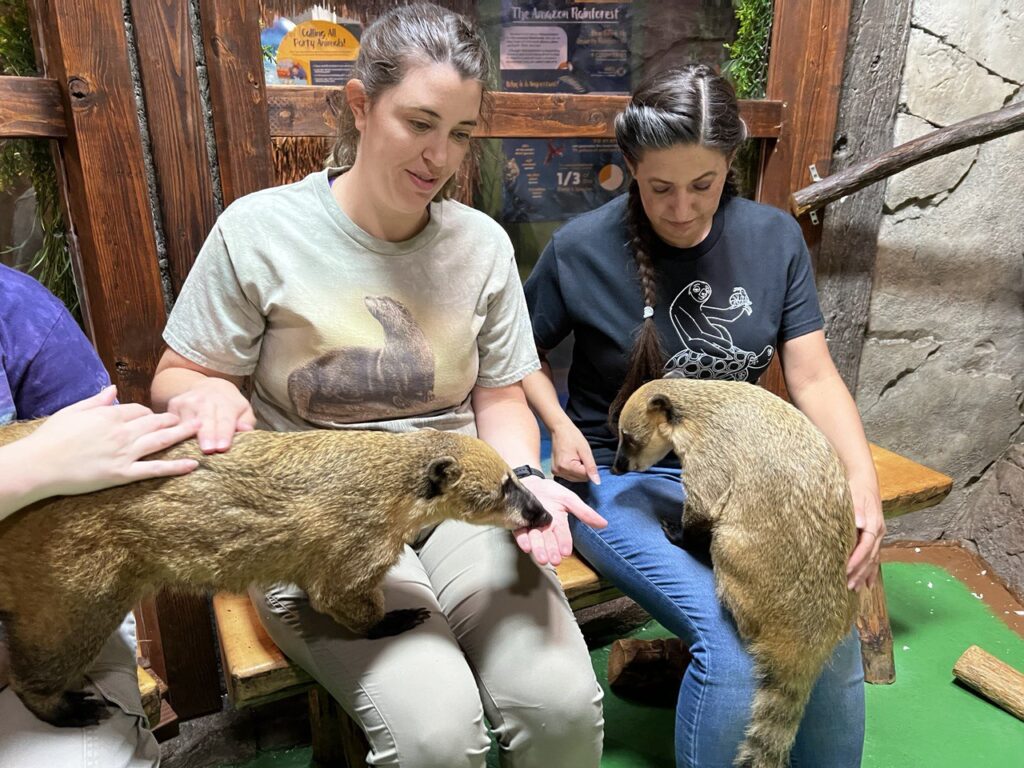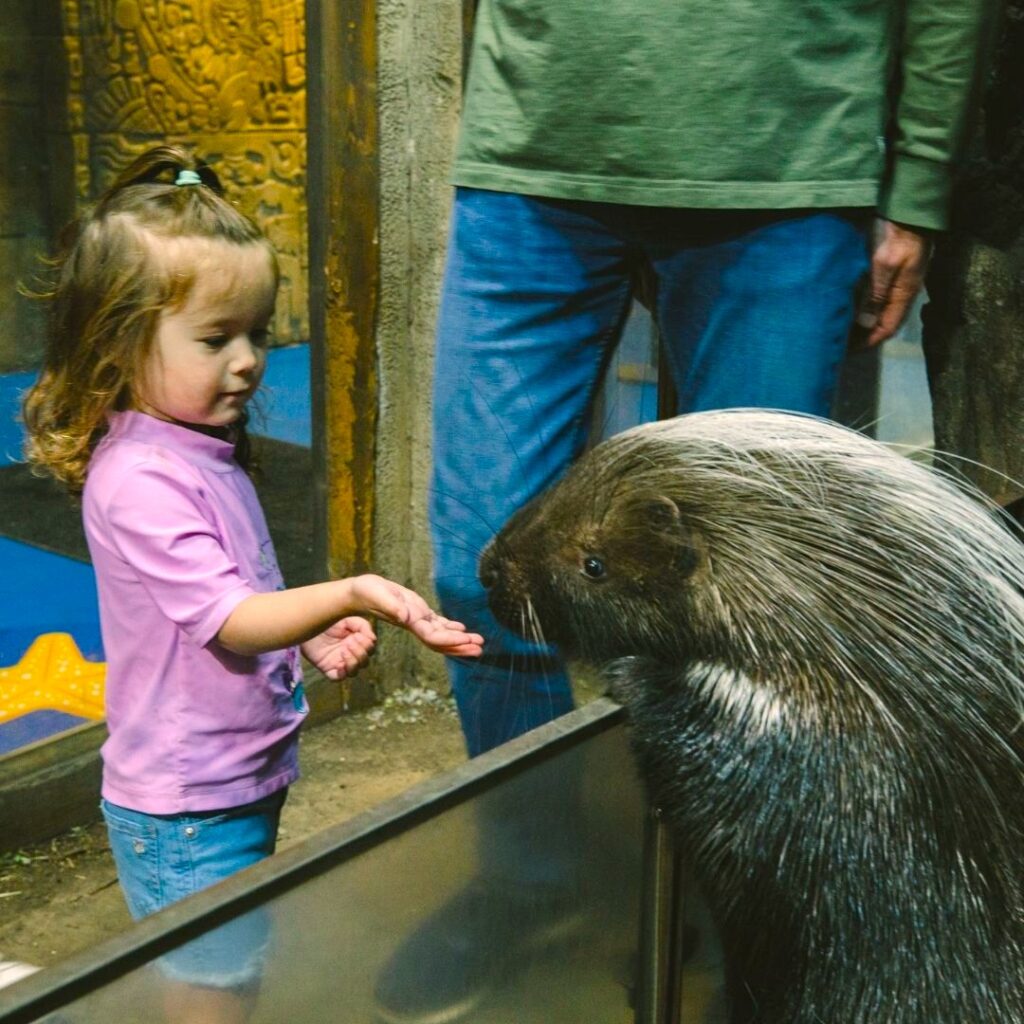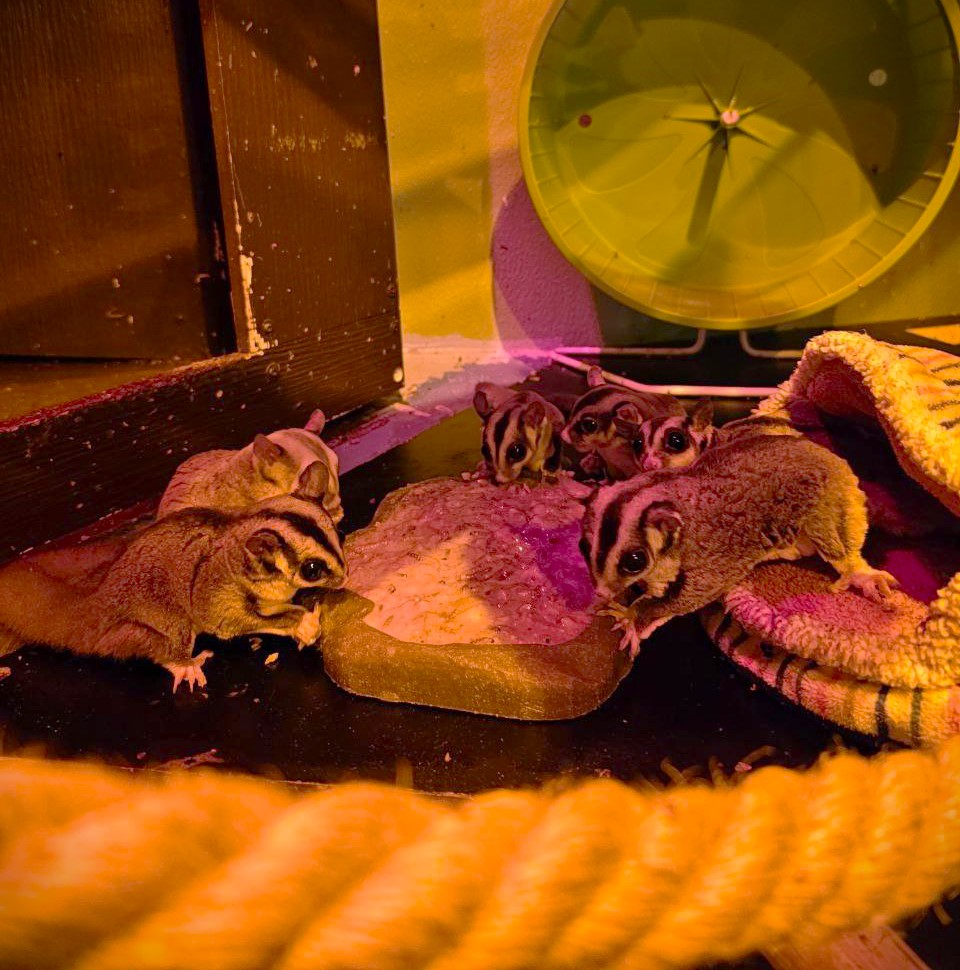Pet Ownership Laws for Sloths
Share it on:

Pet ownership regulations and laws are changing all over the United States, particularly with regard to exotic pet ownership. One animal specifically sought out to own as a personal pet are sloths. In many states, owning a sloth as a pet is currently legal. This has led to a rise in new pet owners wanting to learn more about the care for their animal friends before they bring home this amazing creature.
We’ve provided some important details on exotic pet ownership laws in the United States and information on owning a sloth. If you are considering making a sloth a new member of your family, here’s a guide to laws on sloth ownership.
Ownership Laws for Sloths
Pet ownership laws vary from state to state and have stringent restrictions or even prohibit keeping certain animal species as pets. Here’s a glance at some of the states and their specific guidelines on exotic pet ownership:
- Florida: Two-toed sloths are only legal if you have the proper documentation and permits. Pending, you also have the correct license from the state, of course.
- South Dakota: Allows for sloth pet ownership, but certain certifications and permits must be obtained, including a health certificate first. Keep in mind that the permitting process may require volunteer hours, application fees, and routine health inspections to ensure your pet sloth receives proper care and lives in an adequate habitat within your home.
- California: The state has severe restrictions and bans on the import of exotic animals for pets unless they are obtained from a rescue or sanctuary. This is to prevent people from taking animals from the wild and bringing them into captivity, otherwise known as illegal exotic pet trading.
- Arkansas and Oklahoma: These two states allow sloth pet ownership, but special permits must be obtained.
- Indiana, Kansas, Iowa, Michigan, Minnesota, Mississippi, New York, Montana, North Carolina, Nevada, Texas, and Oregon: All of these states do allow sloths as a personal pet.
When in doubt, always check with your local or state wildlife department. Some retail providers, such as PetSmart and SeaQuest Aquariums, are typically current on the most recent pet ownership laws. Visit a SeaQuest near you to learn more about sloths!
Caring for a Sloth
If you happen to reside in a state where it is legal to own a sloth, here’s some important information on what you may need to care for your new pet. Remember, sloths are unlike most other domesticated pets, and they will require special care, diet, and attention.
Keep in Mind:
- Sloths are nocturnal animals. They sleep during the day and are awake at night. Therefore, your family may need to adjust sleep schedules to accommodate proper care for your sloth.
- Sloths are very slow animals, both physically and mentally. A great deal of patience must be shown when caring for your sloth.
- Sloths are arboreal animals, which means they live in trees. So you must provide your sloth with a living space that includes branches or other objects for them to climb on.
- Sloths are very sensitive to stress. It is crucial to minimize stress in their new home environment. Low noise and activity levels are best, as well as trying to minimize the amount of handling time with them.
- Sloths are also very sensitive to changes in temperature: Make sure to keep their environment warm and humid. This can be accomplished by using a humidifier and keeping the temperature in their habitat between 70 and 85 degrees F°
- Sloths also have a very slow metabolism. They require a very specified diet, which should be high in fiber and low in fat. Check with your Vet provider for information on the best food options for your sloth.
- Sloths are also herbivores and prefer to snack on leaves and plants. Plan to have the ability for your sloth to access fresh leaves, plants, and a water source.
The Sloth Experience
Ultimately, a sloth may not be the best pet option for your home. Because of the specific care and diet, they would require, it can be a pretty high financial cost. However, you can still find places to visit your favorite sloth friends – such as SeaQuest! SeaQuest is home to many unique and exotic animals. You can find a number of their aquarium locations scattered throughout the United States.
For more information on SeaQuest’s education on Responsible Pet Ownership – check out this fantastic video here!




